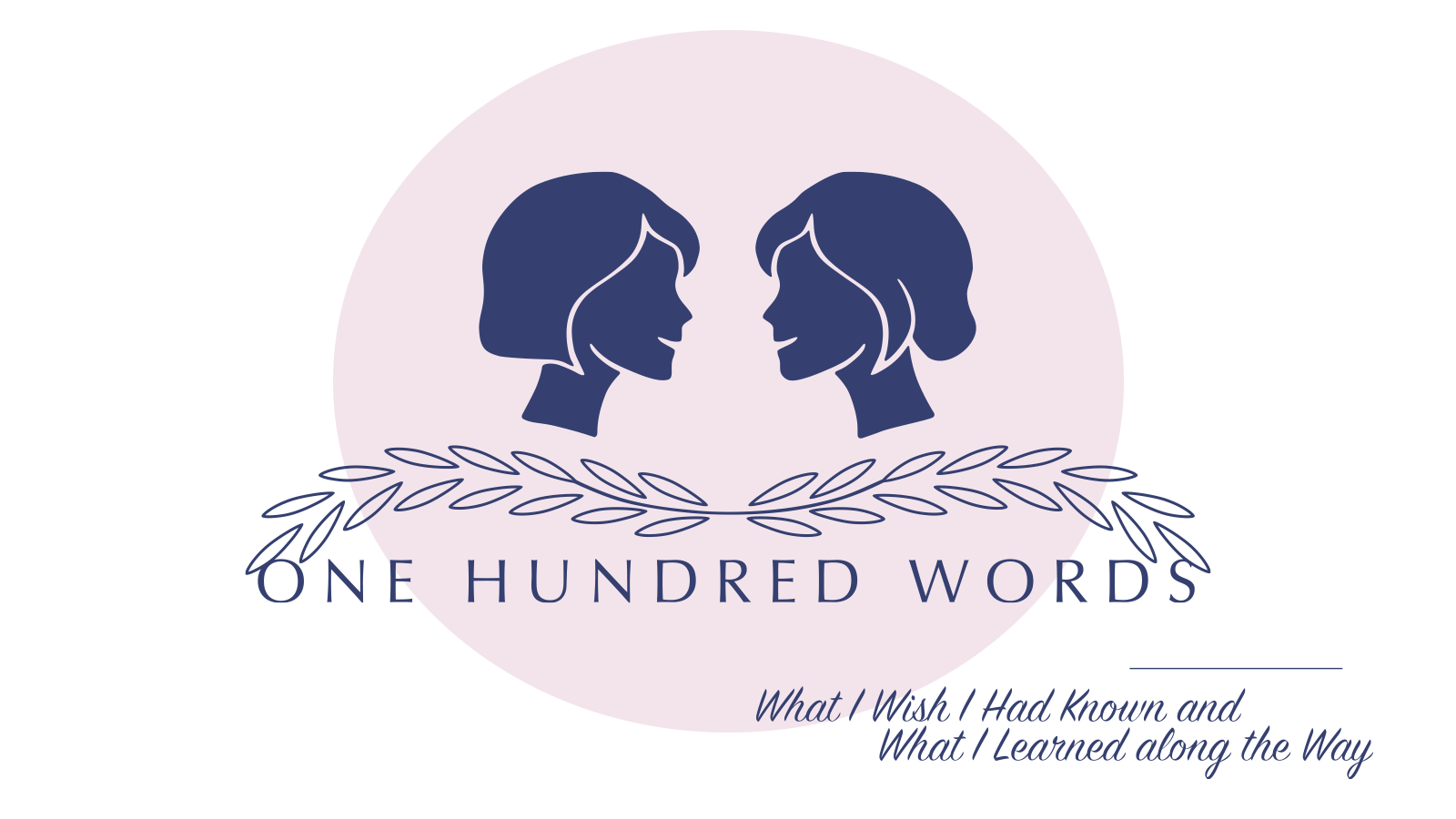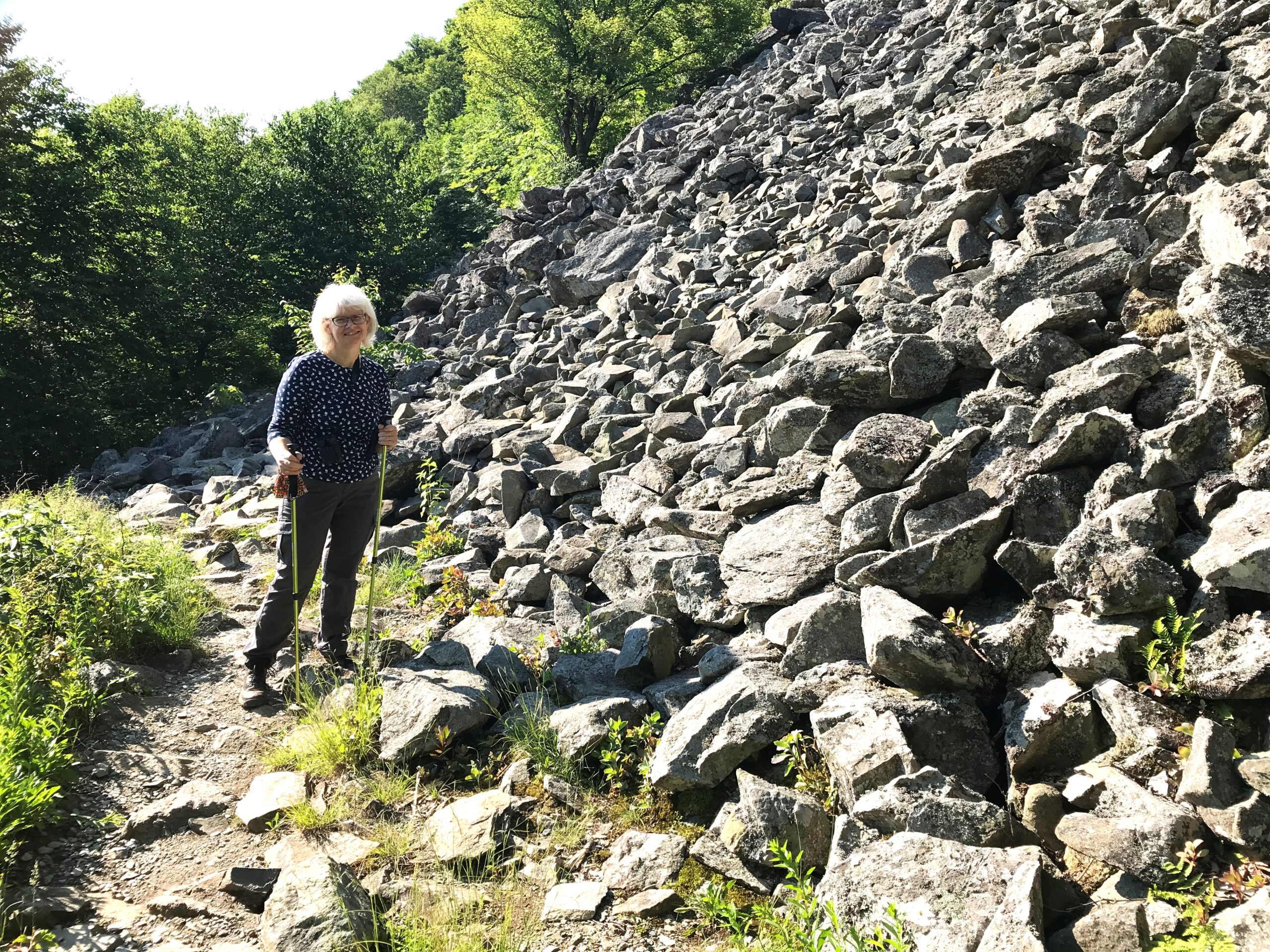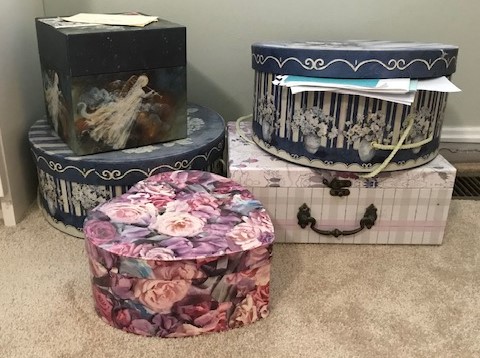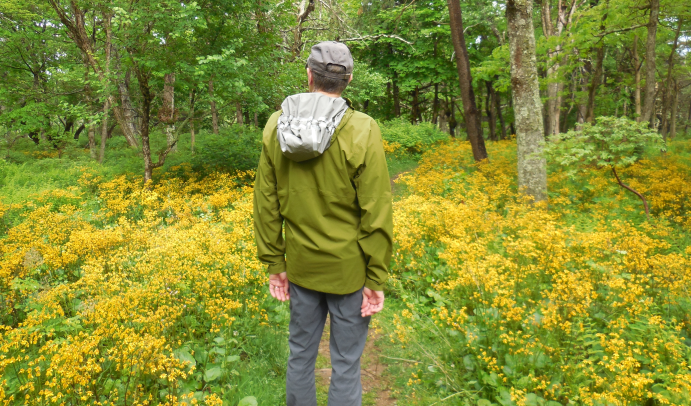My scheduled Sunday post did not appear this week. You may not have noticed, and at times, I didn’t either. What happened?
Although this week’s blog was written months ago, I was too tired to edit it last week. And I am still too tired to edit it, so those words have been rescheduled for December 2023. Stay tuned.
When money used to be our family’s major limitation, my husband and I saved and budgeted so that we not only covered all our needs but also any emergency. As we age, time and energy are our new limitations. I can be more careful of how I spend both, but unlike money, neither can be put in a bank for future withdrawals. And I am constantly learning the extent of these new limitations. They seem to be increasing faster than I can adjust.
So today, I acknowledged that I cannot rebound quickly from overscheduling and a recent emergency. Not only will the blog be postponed but also certain decorations will remain in their boxes and Christmas cards sent after the holidays. And it will be fine.

Did you acknowledge something recently?










